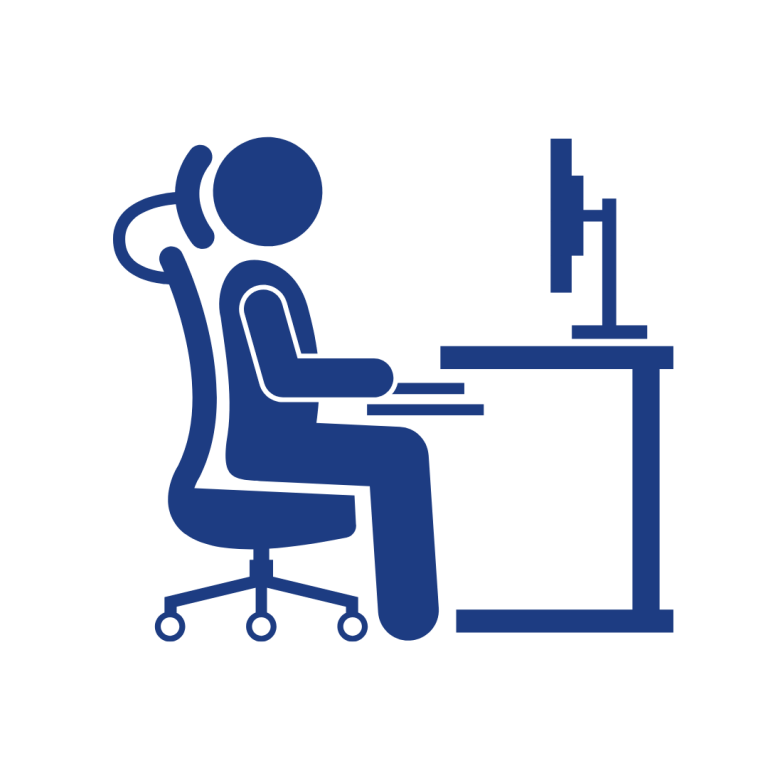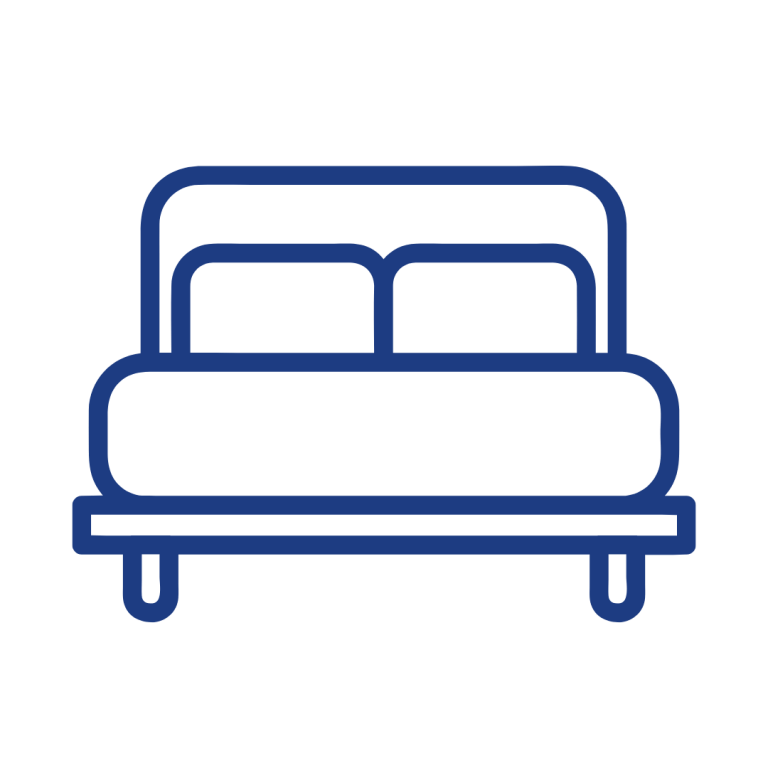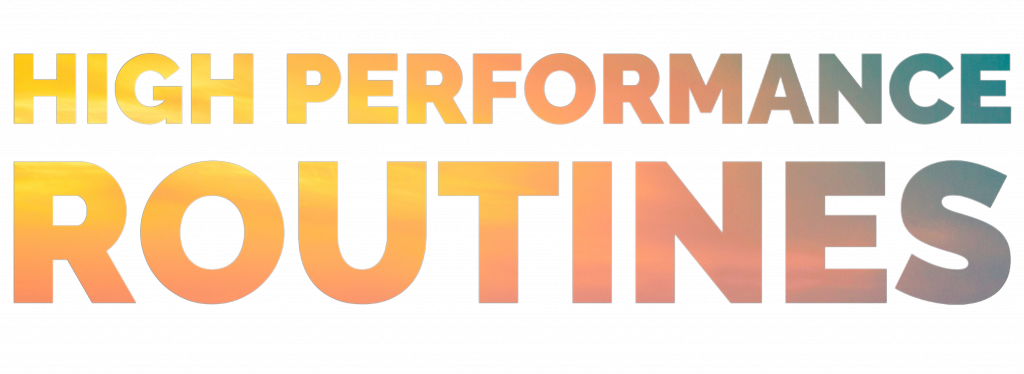By using highperformanceroutines.com, you agree to our Cookie Policy.
The flat line
The flat line way of working describes a routine where we are ‘always on’.
It describes being in a reactive state, busy but not necessarily productive, with very little structure or rhythm to the day.
We all have days where we have to ‘flat line’, but as a long term strategy it is stressful, inefficient and often joyless.
Find out if you are on the flat line with our free assessment:

How many of these symptoms of the flat line do you recognise in yourself?
Waking up and immediately looking at your phone

Getting pinned to your desk due to workload (so become very sedentary)

Finding it hard to focus - distracted by too many priorities

Feeling guilty about taking breaks

Few boundaries / controls over use of screens in evenings

Using your work phone in bed

Finding it hard to switch off - struggling to either get or stay asleep

If any of these feel familiar, you are not alone...
Over 85% of the people we have surveyed said they wake up and immediately look at their phone
Over 77% of the people we have surveyed have felt overwhelmed in the last 3 months
Over 62% of the people we have surveyed have found it hard to switch off from work in the last 3 months

Help - I am on the flat line!
Don’t worry, recognising you are on the flat line is the first step to getting off it!
Our suggestion is to make some targeted changes to your daily routine to give more structure and rhythm to your day.
That is what a High Performance Routine is, and we created the HPR assessment to help identify specific improvements to your routine.
Alternatively download the Design your Daily HPR exercise here
To learn more about the High performance routines (HPR) framework and how it helps people to reset their routines please go here.
The flat line way of working describes a routine where we are ‘always on’.
It describes being in a reactive state, busy but not necessarily productive, with very little structure or rhythm to the day.

We all have days where we have to ‘flat line’, but as a long term strategy it is stressful, inefficient and often joyless.
Find out if you are on the flat line with our free assessment:
How many of these symptoms of the flat line do you recognise in yourself?
Waking up and immediately looking at your phone

Getting pinned to your desk due to workload (so become very sedentary)

Finding it hard to focus - distracted by too many priorities

Feeling guilty about taking breaks

Few boundaries / controls over use of screens in evenings

Using your work phone in bed

Finding it hard to switch off - struggling to either get or stay asleep

If any of these feel familiar, you are not alone...
Over 85% of the people we have surveyed said they wake up and immediately look at their phone
Over 77% of the people we have surveyed have felt overwhelmed in the last 3 months
Over 62% of the people we have surveyed have found it hard to switch off from work in the last 3 months

Help - I am on the flat line!
Don’t worry, recognising you are on the flat line is the first step to getting off it!
Our suggestion is to make some targeted changes to your daily routine to give more structure and rhythm to your day.
That is what a High Performance Routine is, and we created the HPR assessment to help identify specific improvements to your routine.
Alternatively download the Design your Daily HPR exercise here
To learn more about the High performance routines (HPR) framework and how it helps people to reset their routines please go here.
The flat line way of working describes a routine where we are ‘always on’.
It describes being in a reactive state, busy but not necessarily productive, with very little rhythm or structure to the day.
We all have days where we have to ‘flat line’, but as a long term strategy it is stressful, inefficient and often joyless.
Find out if you are on the flat line with our free assessment:
How many of these symptoms of the flat line do you recognise in yourself?
Waking up and immediately looking at your phone

Getting pinned to your desk due to workload (so become very sedentary)

Finding it hard to focus - distracted by too many priorities

Feeling guilty about taking breaks

Few boundaries / controls over use of screens in evenings

Using your work phone in bed

Finding it hard to switch off - struggling to either get or stay asleep

If any of these feel familiar, you are not alone...
Over 85% of the people we have surveyed said they wake up and immediately look at their phone
Over 77% of the people we have surveyed have felt overwhelmed in the last 3 months
Over 62% of the people we have surveyed have found it hard to switch off from work in the last 3 months

Help - I am on the flat line!
Don’t worry, recognising you are on the flat line is the first step to getting off it!
Our suggestion is to make some targeted changes to your daily routine to give more structure and rhythm to your day.
That is what a High Performance Routine is, and we created the HPR assessment to help identify specific improvements to your routine.
Alternatively download the Design your Daily HPR exercise here
To learn more about The High performance routines (HPR) framework and how it helps people to reset their routines please go here.
“The High-performance routines concept has been very impactful to me; my team and my family. The concept really enabled me to develop myself to a better manager and leader.”
Nicholas Lother – Chief Product Officer, The Quality Group



